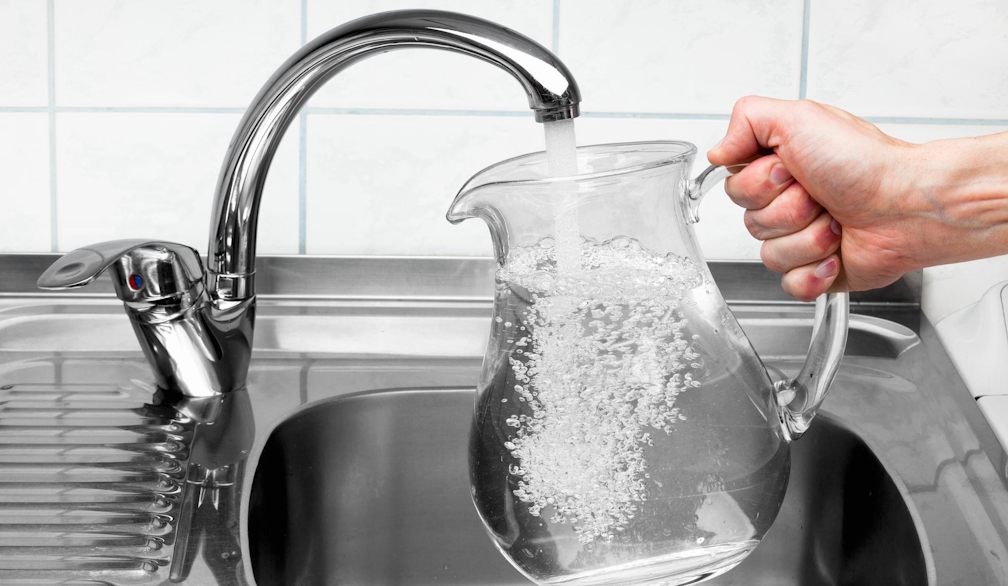Brisbane Water Bill Savings: Practical Tips to Reduce Costs

Brisbane residents have been feeling the pinch as water costs continue to climb. With increasing prices, it's no wonder many households are searching for ways to ease the burden on their budgets. Managing water usage smartly can deliver both financial relief and environmental benefits. In light of this, the following sections highlight practical strategies designed to trim water bills while fostering a sustainable lifestyle. Now's the time for Brisbane homeowners to take action and start reducing those pesky expenses.
Understanding Your Water Bill
To effectively manage water costs, understanding water billing in Brisbane is crucial. Water bills generally comprise a fixed access charge and a variable usage charge. The fixed charge remains constant, but the usage charge depends on how much water your household consumes. It's vital to track these numbers to see where consumption peaks.
By regularly reviewing your water usage patterns, you can identify high-consumption periods—often coinciding with garden watering or pool filling. Deciphering these patterns helps in predicting future costs, allowing for better budgeting. Fortunately, Brisbane residents can access various online resources and tools to analyse Brisbane’s water bills, offering insights and potential areas for conservation.
Efficient Water Use Inside the Home
One of the first steps to reducing your water bill is to assess and improve water efficiency within your home. Consider upgrading to water-efficient fixtures and appliances, such as dual-flush toilets and low-flow showerheads. These changes can significantly reduce water usage in prominent areas of the home, particularly bathrooms and kitchens.
Speaking of which, the bathroom and kitchen are prime spots for reducing waste. Simple actions like taking shorter showers, turning off taps while brushing teeth, and washing full loads in dishwashers and washing machines can yield substantial savings. Fixing leaks is another critical component—silent leaks in toilets and taps can waste huge volumes of water without anyone realising it, so regular checking is essential.
Behavioural changes also play a significant role. By altering daily habits, such as opting for showers over baths or running dishwashers only when full, households can see considerable reductions in water use over time.
Optimising Outdoor Water Use
For many, outdoor water use is a major contributor to high water bills. Thankfully, there are plenty of effective strategies to curb this usage. Smart irrigation systems can help minimise waste by delivering water directly to plant roots, either through drip irrigation or strategically timed sprinklers, reducing unnecessary water usage.
Opting for drought-resistant plant varieties is another excellent strategy. These plants require less water and are well-suited to Brisbane’s climate. Additionally, rainwater harvesting systems present a terrific opportunity to collect and utilise rainwater for garden needs, easing reliance on mains water.
Reducing evaporation may seem like a small thing, but it adds up. Covering soil with mulch or employing moisture-retention techniques can slow down evaporation, meaning plants require less water to thrive—crucial during those hot Queensland summers.
Leveraging Water-Saving Programs
Residents of Brisbane can also benefit from specific water-saving programs designed to support conservation initiatives. Various incentives and rebates are available to encourage the installation of water-efficient devices. Whether it's for rainwater tanks or efficient washing machines, these initiatives make investing in water-saving measures even more appealing.
Local councils and community groups often host workshops and events centred on water conservation. Participation in these provides an opportunity to learn and share tips with like-minded individuals. Government subsidies may also be available for those looking for financial support, making it easier to adopt water-saving practices.
To truly benefit, contacting local organisations that offer free consultations and audits can provide personalised advice. Many of these groups are dedicated to helping residents understand their consumption and discover feasible solutions for reducing water usage.
Monitoring and Adjusting Water Usage Habits
Monitoring water usage over time is essential for continuous improvement. By reviewing your water usage data regularly, patterns and areas for improvement can become apparent. Smart water meters and related apps offer a real-time look at consumption, making it easier than ever to track progress.
Setting water-saving goals is a practical way to stay motivated. By setting achievable targets and celebrating when they’re met, households are more likely to stick to new habits. Encourage all family members to take part in the effort; after all, collective conservation results in greater savings and benefits for all.
Conclusion
In summary, various strategies can significantly reduce Brisbane's water bills while contributing to greater environmental responsibility. From indoor fixtures to outdoor practices and community programs, every small change promises notable impact. By taking immediate action with simple adjustments, households can commence their journey towards more manageable water bills and sustainable living. Staying informed and sharing knowledge with the community is enthusiastically encouraged, as collective efforts amplify individual successes.

















